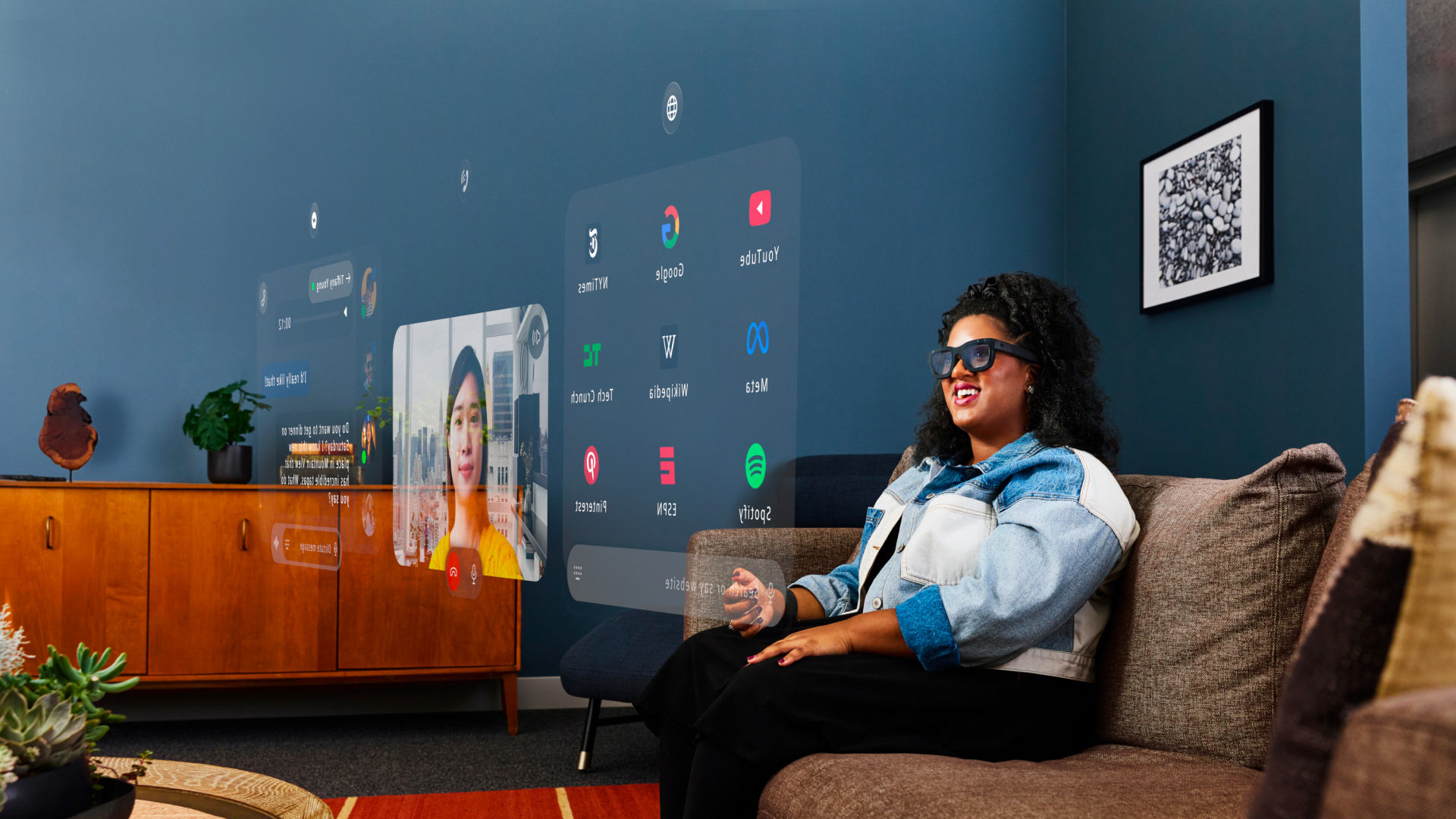In the latest episode of the "Squeezing the Juice" podcast, Owen Cotterell sat down with Alex Moretti, the CEO of Fallen Planet Studios, to delve into the transformative power of virtual reality (VR) beyond gaming. This episode highlights how VR technology is not just a novel entertainment medium but a revolutionary tool for corporate training and business solutions.
The Evolution of VR Technology
Alex Moretti's journey into the world of VR began in its nascent stages, where the focus was primarily on creating immersive horror experiences. These early forays into VR were marked by a "wow factor" that captivated users. However, as Alex points out, the landscape has dramatically shifted. "It's about the functionality and the solutions VR provides," he notes, emphasising how VR has matured into a practical tool for optimising business processes and training programs.
Immersion and Player Agency
One of the critical aspects of VR that Alex discusses is the importance of immersion and player agency. In gaming, these elements are crucial for creating engaging and realistic experiences. This same principle applies to business training. By immersing employees in realistic scenarios where they can actively participate and make decisions, companies can enhance the effectiveness of their training programs. This approach not only makes learning more engaging but also improves retention and application of knowledge.
VR as a Tool for Corporate Training
The application of VR in corporate training is a game-changer. Alex shares insights into how Fallen Planet Studios is leveraging VR to build optimisation pipelines and gamify training exercises. This method transforms traditional training methods, making them more interactive and impactful. For instance, VR can simulate real-world scenarios, allowing employees to practice and hone their skills in a risk-free environment. This immersive training is particularly beneficial for roles that require hands-on experience or critical decision-making.
Future Trends in VR
Looking ahead, Alex envisions even more innovative uses for VR in business. The technology is continually evolving, with advancements that make it more accessible and effective for a broader range of applications. From enhancing customer engagement to improving remote collaboration, the potential of VR is vast. Businesses that embrace these innovations early on are likely to gain a competitive edge, staying ahead in a rapidly changing digital landscape.
Key Takeaways
- Functionality Over Novelty: VR has moved beyond its initial "wow factor" to become a functional tool for business solutions and training.
- Immersive Training: The principles of immersion and player agency in gaming can be effectively applied to corporate training, making it more engaging and effective.
- Practical Applications: VR is being used to create optimisation pipelines and gamify training exercises, providing a risk-free environment for skill development.
- Future Potential: As VR technology continues to evolve, its applications in business will expand, offering new ways to enhance customer engagement, training, and collaboration.
Conclusion
The insights shared by Alex Moretti in this episode of "Squeezing the Juice" underscore the transformative potential of VR in the business world. By leveraging the immersive and interactive capabilities of VR, companies can revolutionise their training programs and gain a competitive advantage. As we look to the future, the continuous evolution of VR technology promises even more exciting possibilities for businesses willing to embrace this innovative tool.
Stay tuned to "Squeezing the Juice" for more thought-provoking discussions on technology and innovation, and explore how these advancements can drive your business forward.




